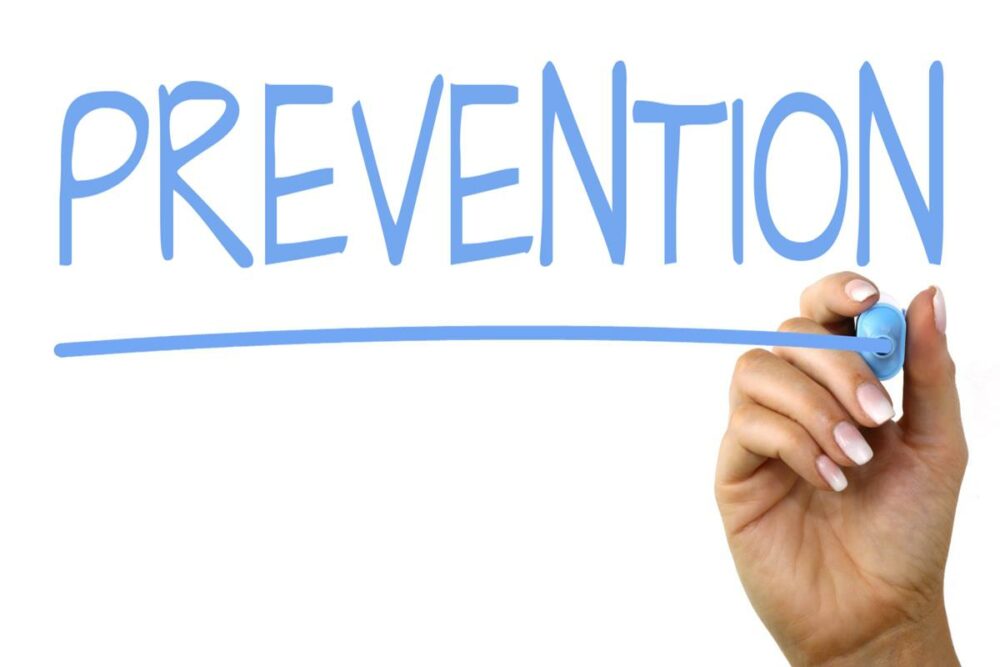Let’s ban ‘prevention’

Richard Smith recently proposed banning the word ‘prevention’ in healthcare:
A few years ago, my friend Pritt, one of life’s instinctive radicals and iconoclasts, talked to me about “the deficit model of health.” At first, I didn’t grasp his point, but slowly I came to understand. What is being prevented? Sickness, of course. Prevention leads to health, which is the “absence of sickness.” Health is defined as a deficit, the absence of sickness. And who determines if you are sick? Doctors. If we stick with “prevention” then doctors will determine who is sick and who is “healthy” because they are not sick.
Like most radical ideas, this one took me on a journey. My instinctive response was to agree: I smiled broadly as I read, ‘Dying is healthy; living forever would be unhealthy.’
Of course, ‘we need a bolder and broader definition of health—something to do with resilience, adaptability, coping, interdependence, and relationships with others, our community, the planet, and nature.’
But then, I paused. I work in health protection. Most of my job is about ‘preventing’ illness. If someone is a close contact of a patient with a particular disease, then they may need antibiotics to prevent them from becoming unwell themselves. If there’s a high likelihood that a foodstuff in someone’s fridge was manufactured in a way which has introduced contamination, that food might be better off binned to prevent food poisoning. If a cloud of chlorine gas is rolling towards a housing estate, then the people must be evacuated to prevent them from choking to death.
And then I saw the point. To see my job as ‘prevention’ is precisely the sort of simplification that I myself often rail against. My job isn’t really to prevent people from becoming unwell: they can take as many risks and be as unwell as they damn well please. My job is really to inform them of the risk they face, help them to decide whether they want to act in light of that new information, and to support them to act if they wish to do so.
This is significantly different because—as I frequently find myself emphatically explaining to others—it can be perfectly rational not to act in response to a risk. This is especially true given that most actions generate side effects, which each of us will value differently. We don’t—and shouldn’t and mustn’t—compel people to act based on our assessment of the risk to their physical health, because there might well be other things that they value more greatly.
Banning the word ‘prevention’, even from an area of medicine that might seem to be entirely focused on it, would be enormously helpful in reframing what we do.
This post was filed under: Health, Medicine, Richard Smith.
